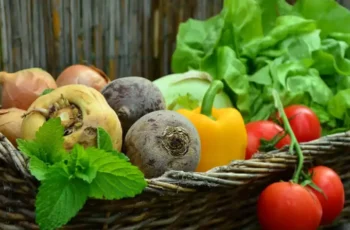4 sustainability tips for companies in the Autonomous Region of Madeira
Currently, the Autonomous Region of Madeira is developing the certification process as a sustainable tourism destination by the entity Eartcheck, having reached in November 2022 the first goal of this process: the bronze seal, which symbolizes the compliance with the qualitative and quantitative indicators assessed by this entity.
Sustainability is a topic that calls for awareness and, consequently, the development of good practices in companies, namely in the management of their activities, in such a way that the business models and strategies adopted make corporations more sustainable and provide for the well-being of the place where they are located.
This article mentions 4 good sustainability practices that can be adopted by the region’s companies.
1. Measure and report your company’s energy consumption and emissions.
Did you know that the EU’s new taxonomy will require large companies to provide sustainability reports and will affect their access to EU funds?
It has become essential for organizations (public or private) to monitor and communicate all sustainability indicators, such as: energy consumption, water consumption and waste production. Therefore, it becomes possible to understand the evolution of companies and how they contribute to the reduction of their carbon footprint.
In this way, these indicators can be presented in the form of dashboards or sustainability reports to share the results of the implemented measures with the local community, tourists and stakeholders.
2. Buy Fair Trade labelled products
Do you know the FAIR TRADE model and the products covered by?
FAIR TRADE is a model with human, economic, environmental and sustainable concerns, respecting labour, the environment and the way natural resources are explored.
In this context, the FAIR TRADE label means that the product has been created on the basis of responsible production and commercial standards, where small producers have a chance to make a name for themselves and develop.
Some of the products which belong to fair trade area: tea, coffee, rice, honey, vegetables and even manufactured goods such as footballs and embroidery.
3. Purchase EUECOLABEL products
What is EUCOLABEL?
EUCOLABEL – European Union Ecolabel scheme – is a voluntary tool which seeks to reduce the negative impact of production on the environment, health, and natural resources. The aim of this system is to encourage the consumption of these high-performance products which meet the requirements established by the member states.
Some of the labels and their meaning are listed below:
FSC (forest stewardship council) – ensures that the wood used for the production of paper and other goods does not contribute for the destruction of ecosystems.
MSC (marine stewardship council) a scientific measure to ensure that the fish caught come from sustainable fisheries.
Rainforest Alliance Certified – is a guarantee that the product’s production doesn’t contribute to damaging forests and waterways.
Tex Standard 100 – a quality label for textile products that are free of harmful substances.
4. Collaborate with local suppliers
Contracting with local suppliers is a way to maintain sustainability, to provide long-term relationships based on trust between all economic actors.
The link between local businesses consists of win-win relationships in that it becomes possible for companies to reduce the expenses and carbon emissions associated with transport. Furthermore, it becomes possible for establishments to have fresh fruit, while contributing to the dynamism of the businesses involved. Making a tourism destination sustainable, based on the adoption of sustainable practices, is a mean of contributing to the territory’s growth, of allowing companies to have greater financial profitability, standing out from other public or private organizations in the market, and thereby attracting more customers and new business partners.
Photo: Nelson Gonçalves






